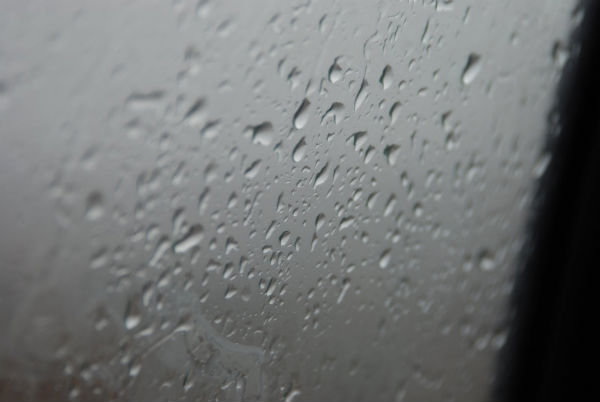He comes to be with her once a year, stays for barely three months, then vanishes. It’s been like that since who knows when. How can a love story last this way? Somehow it does. How can she take it? Somehow she does.
She gladly accepts the gifts he brings: A green dress, always a green dress, and bouquets of flowers. It must be the flowers that make her forgive and embrace him so strongly. These are no carnations from the corner florist. He brings her wild flowers, rare flowers, a different one each day: first a slender Urginea Maritima, then lavish purple blossoms of Iris Haynei, and finally poppies by the thousands.
She lies down and he cools her, putting a moist hankerchief to her forehead as if she were a sick child. The hankerchief is made of clouds. Drops of water roll from it to her eyelashes made of shop awnings, and from them into eyes – her eyes, which are urban roundabouts. puddles in the dirt of Kikar Hamedina double the city and reveal it, reflecting the highrises of Ramat Gan and the grey promise above them. Give us more water, lover.
In the poetry she’s written over the years, these drops are often present: “I am asleep, but my heart is awake,” she wrote long ago. “My beloved comes knocking: open for me, my innocent, my fair one, my dove, for my head is full of dew, my locks are covered with shatters of night.” He knows she wrote of him. He knows that he is her only consolation.
Why doesn’t he stay? He loves her too. He must do. We, her red and white blood cells, pray for for his return. We will never let her fall for his agressive brother, summer, though he takes her to the beach and feeds her tangy plums and humongous grapes. We know true love is in the puddle, in the poppy, in the promise carried by migrating birds headed south.


